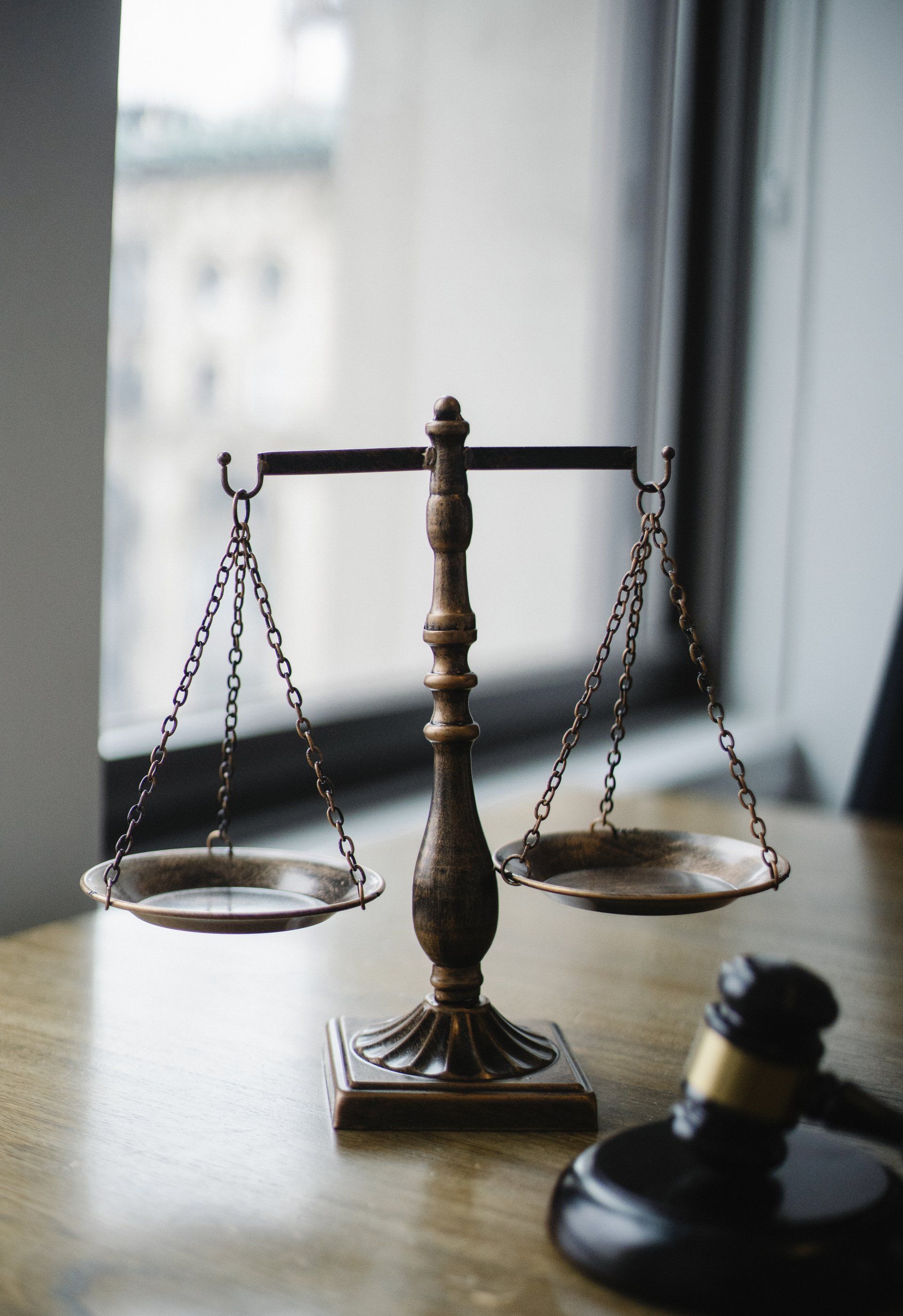Contact Us
Phone: 718-831-6508
Location
220 9th Street
Suite 2049
Jersey City, NJ 07302
Hours
- Mon - Fri
- -
- Sat - Sun
- -

Schedule a Case Evaluation
Contact us now!
Homepage FCE Form
Thank you for contacting us.
We will get back to you as soon as possible.
We will get back to you as soon as possible.
Oops, there was an error sending your message.
Please try again later.
Please try again later.
Hours
- Mon - Fri
- -
- Sat - Sun
- Appointment Only
Late Nights Appointment Only
Disclaimer: The information on this website is for general information purposes only. Nothing on this site should be taken as legal advice for any individual case or situation. This information is not intended to create, and receipt or viewing does not constitute an attorney-client relationship.
© 2026
All Rights Reserved | LAWYERFORWORKERS | Powered By Convert It Marketing | Privacy Policy
© 2026
All Rights Reserved | LAWYERFORWORKERS | Powered By Convert It Marketing | Privacy Policy









